Animal Sex: News and Features

From an evolutionary and biological perspective, animals are driven to have sex in order to procreate. But there is a lot more to sexual relations between animals. Animal sex is at least as strange and varied as human sex. A male might copulate with many females. And female animals of many species can be choosy, too. Homosexuality is common. Monogamy is rare. And the animal kingdom is full of swingers. In short, with animals, sex can be wild.
Latest about animal sex

What were the first animals to have sex?
By Patrick Pester published
Animals have been reproducing sexually for hundreds of millions of years, but not always like we do it.
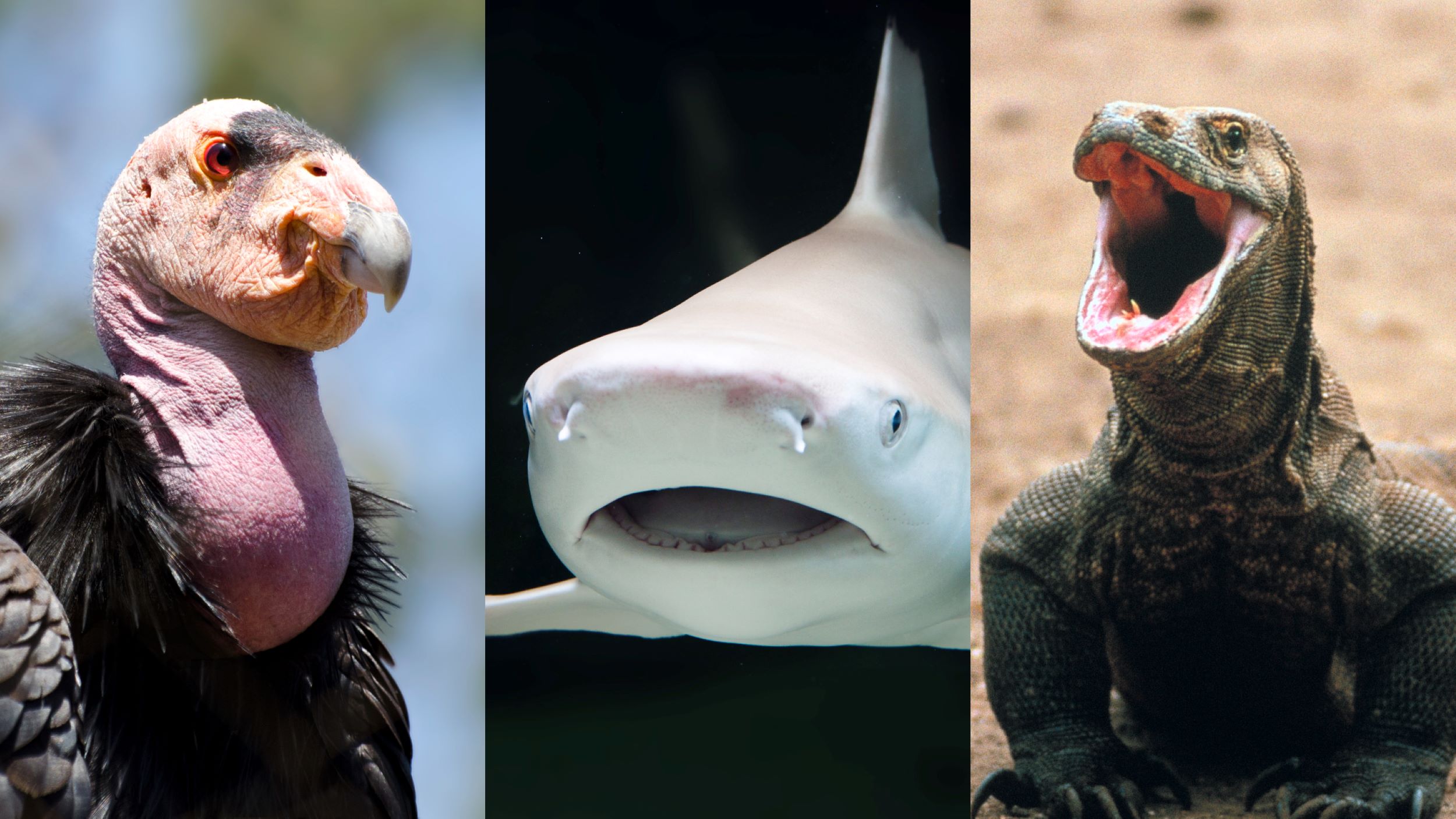
8 animals that have virgin births
By Elise Poore published
No males needed — animals that reproduce through the mind-blowing process of parthenogenesis.
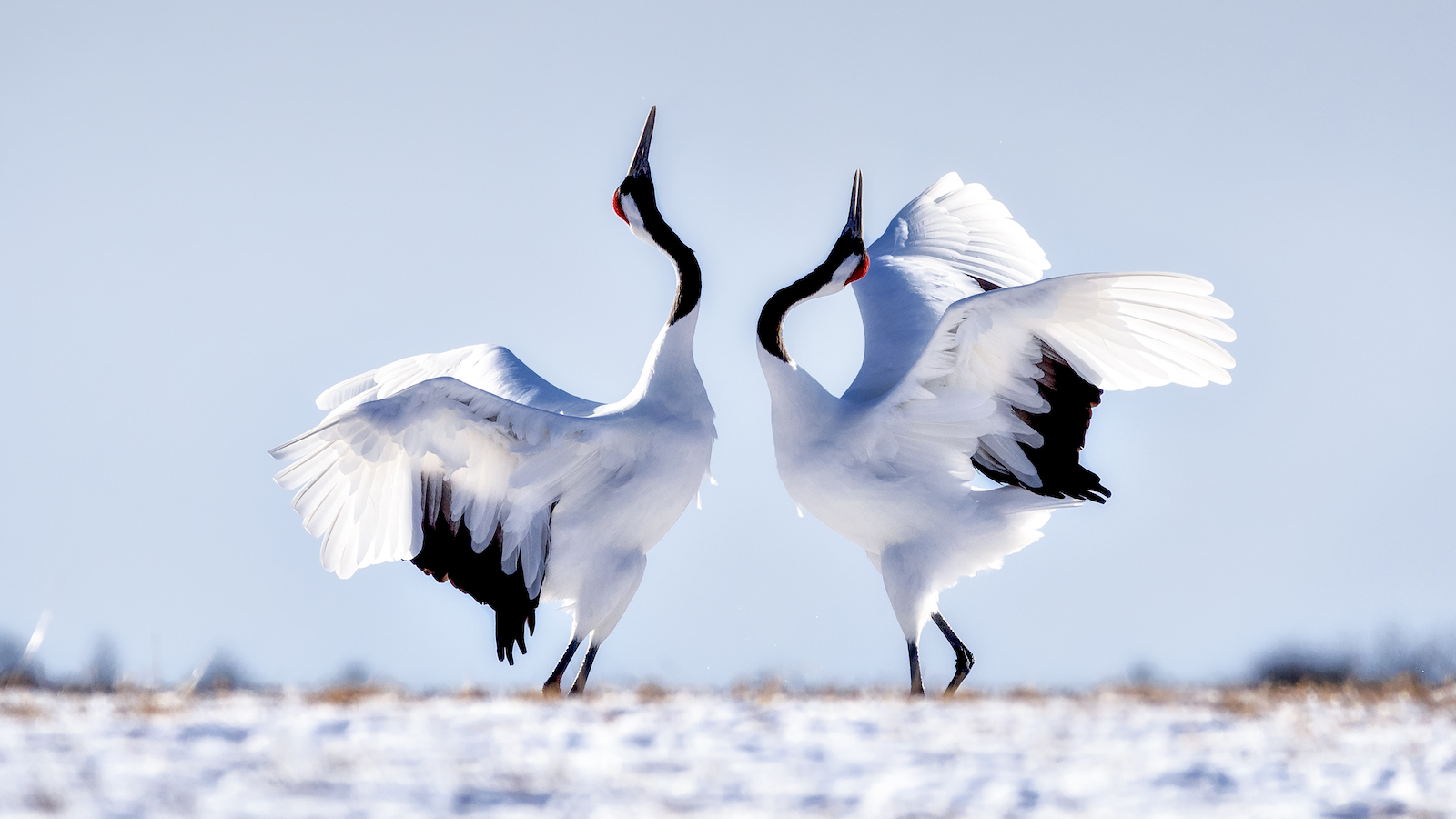
Animal sex: How birds do it
By Tia Ghose last updated
Animals have sex in all sorts of weird and wonderful ways. Birds have sex via an internal chamber called a cloaca that is present on both male and female animals.
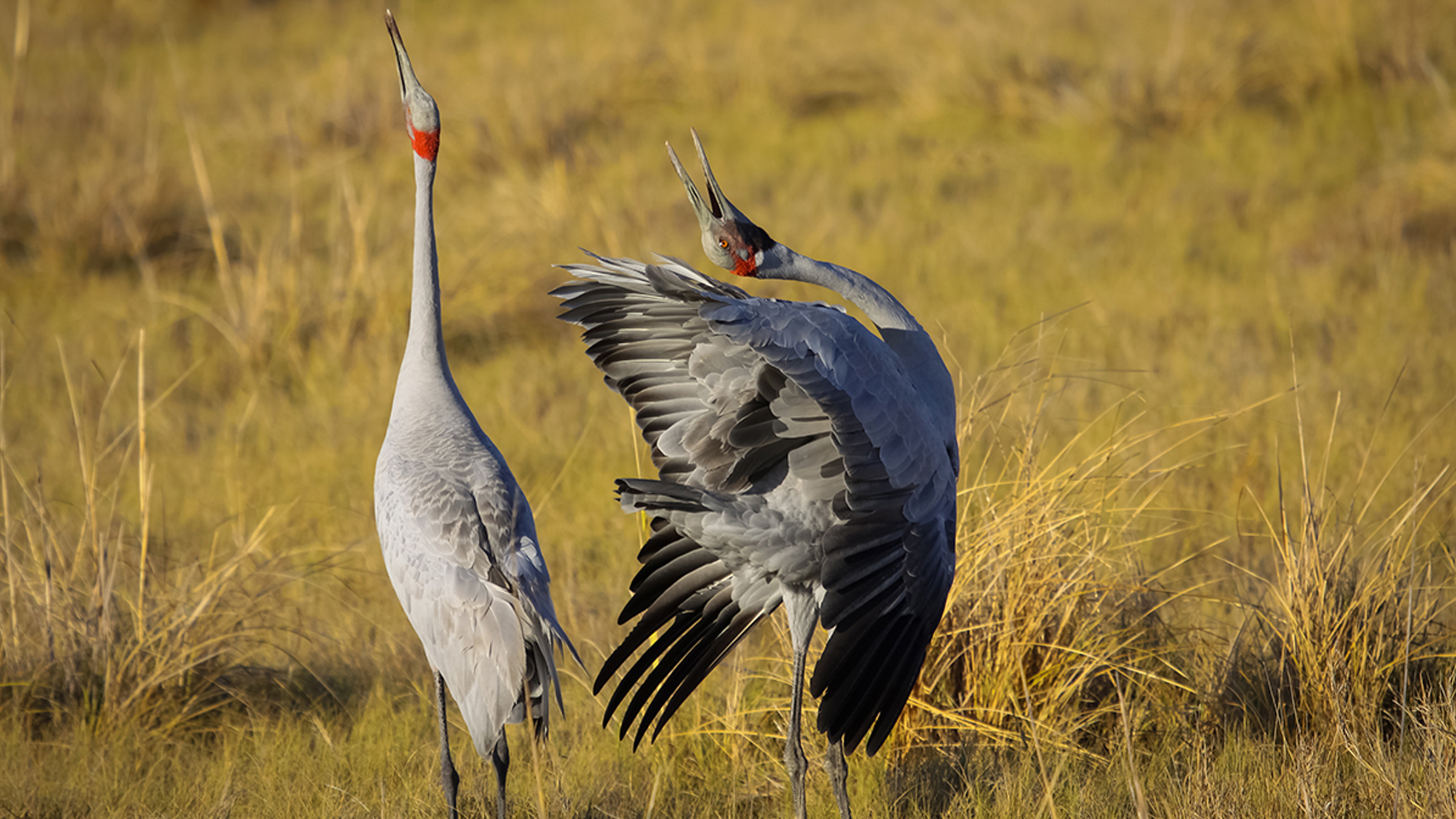
Strange love: 13 animals with truly weird courtship rituals
By Mindy Weisberger published
For Valentine's Day, Live Science gathers together some of the more extravagant and outlandish courtship rituals in the animal kingdom.
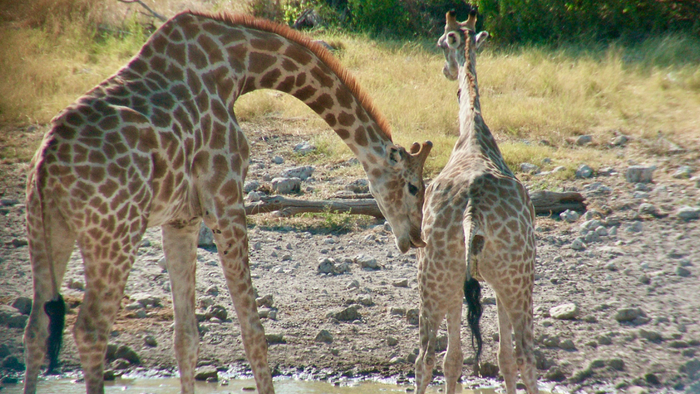
Giraffe sex is even weirder than we thought, and it involves pee
By Tom Metcalfe published
Giraffes don't go into heat, don't have a breeding season and don't make mating calls. So how do giraffes know when it's the right time for love?
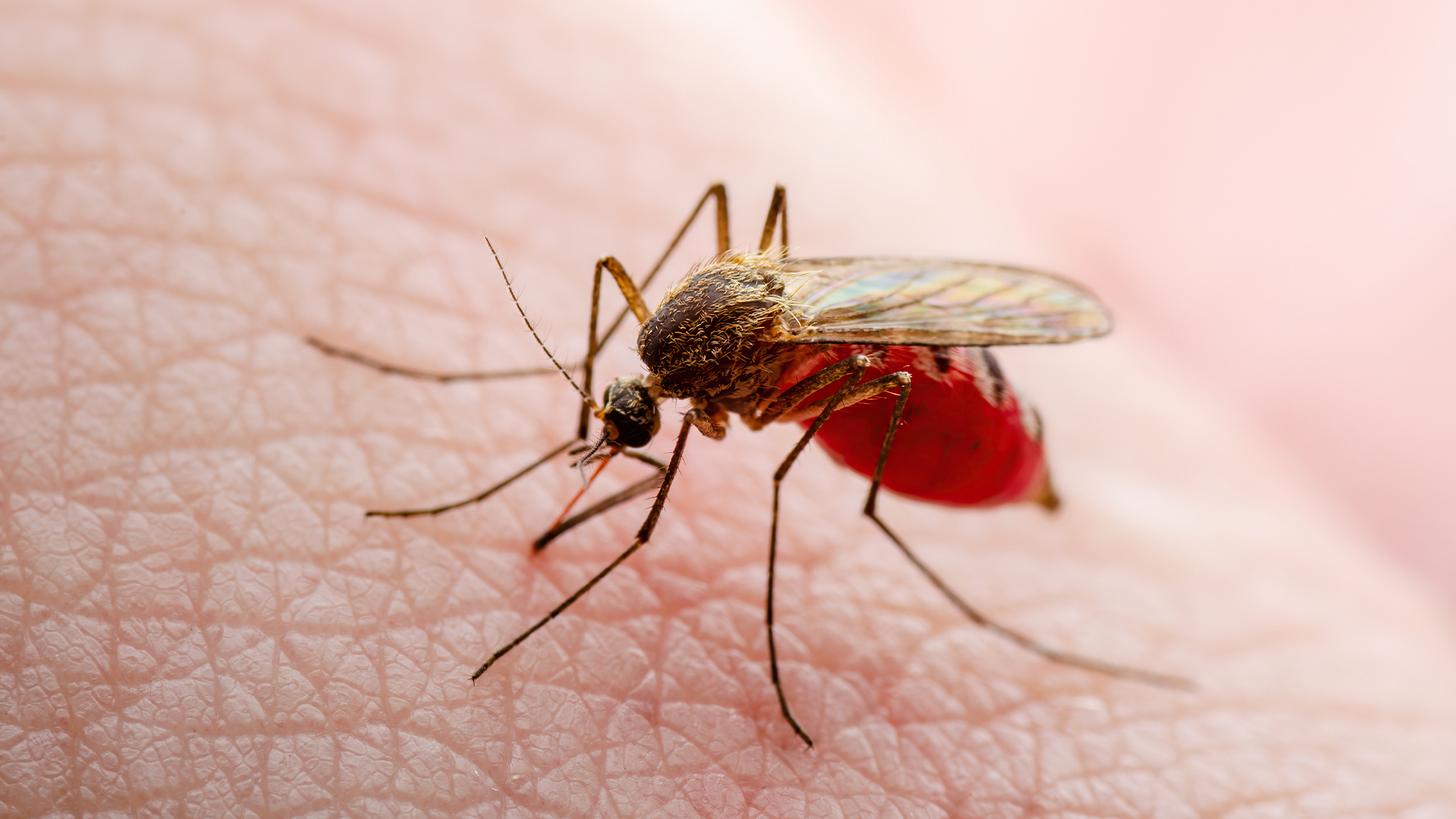
Animal Sex: How Mosquitoes Do It
By Joseph Castro last updated
Mosquito reproduction involves swarms, behavior-altering seminal fluid and tons of eggs.
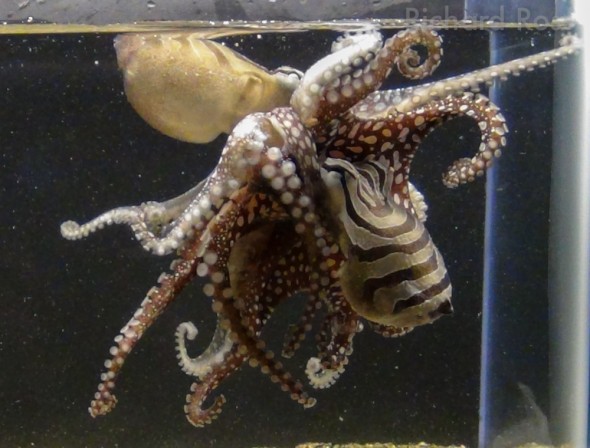
Rare Kissing Octopus Unveiled For the First Time
By Tia Ghose last updated
Scientists are unveiling a rare Pacific octopus with a taste for eating its partners during sex
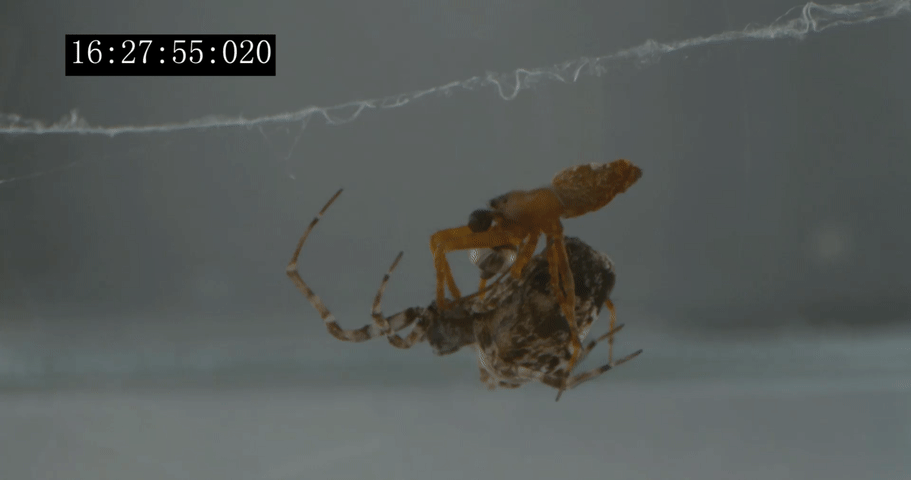
These male spiders use built-in leg catapults to escape sexual cannibalism
By Mindy Weisberger published
Once mating is over, male orb-weavers catapult off the bodies of females to avoid being eaten, moving at a speed that's too fast to glimpse with the naked eye.
Sign up for the Live Science daily newsletter now
Get the world’s most fascinating discoveries delivered straight to your inbox.


